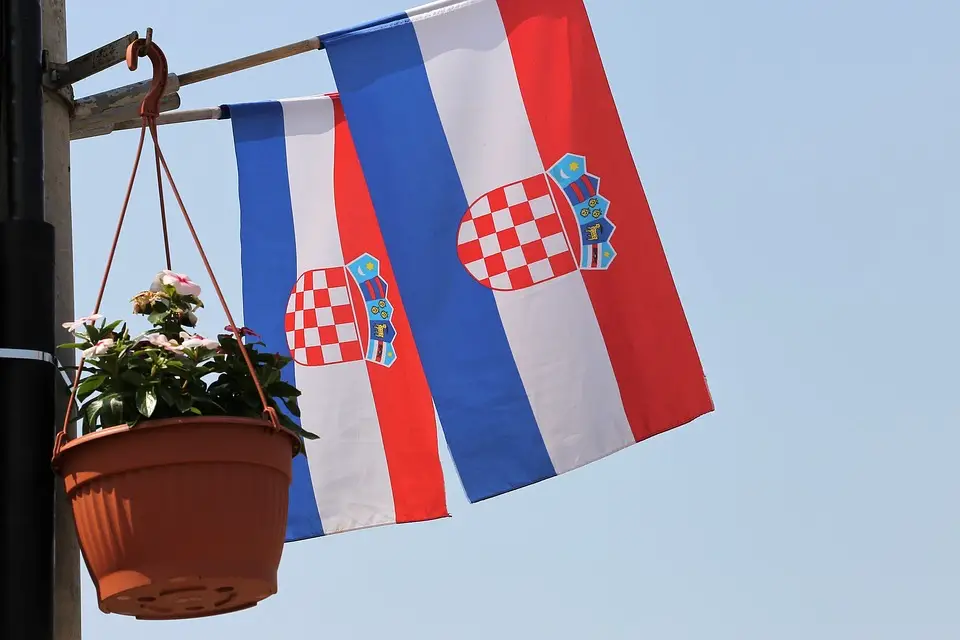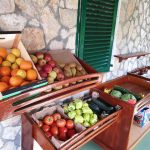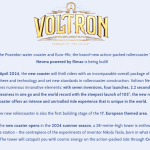As Poslovni Dnevnik/Darko Bicak writes, after presenting their innovative self-propelled cleaner (Lynx) two years ago, the Croatian Rasco company from Kalinovac near Djurdjevac recently presented the electric version of this utility cleaner under the brand Lynx Charge.
As explained by Ivan Franicevic, President of the Management Board of the Croatian Rasco company, the Lynx project was designed back in 2016, its realisation started a year later, and in the beginning it was developed through a diesel and electric variant.
“Lynx Charge has almost all the systems that an electric car boasts, which makes it an extremely complex product, and this is reflected in its price, which is twice as high as in the diesel version – standing at about 200 thousand euros. We worked on its development for three years and together with the diesel version, it’s the crown of this company’s 30 years of work.
This piece of Croatian innovation was made in cooperation with Rasco and the Faculty of Electrical Engineering and Computing in Zagreb. We’ll offer it through our distribution network to more than forty markets around the world, but we’d be glad if the advantages of such an ecological vehicle are recognised by the Croatian communal services here at home,” said Franicevic.
The innovation was co-financed with funds from the European Regional Development Fund in the amount of 14 million kuna, and they expect even more from the electric version as the market for eco-friendly vehicles continues to grow far more rapidly than is the case for those powered by fossil fuels.
Franicevic pointed out that currently, the demand for these types of vehicles, powered by all types of fuel, globally stands at about 2,000 units per year, and next year at least 30 percent of this figure is expected to be related to electric vehicles.
“There are already countries like the Netherlands and Denmark that have banned the procurement of fossil fuel-powered utilities, and this trend will only spread. As the Croatian Rasco company is one of the leaders in this type of technology, we expect to occupy about 20 percent of that market in the coming period. Although it’s difficult to talk about some exact capacities now, because that’s something which is likely to adjust through the investment cycle of demand, we’d be satisfied if we could deliver 100 vehicles a year in the coming years,” Franicevic said, adding that they expect to deliver about 60 of their Lynxes this year.
The 72.5 kWh electric Lynx battery allows the user to work throughout their shift without the need for recharging. In particular, the vehicle has an autonomy of 6.5 to 7.5 hours of operation, and charging takes a mere 2-3 hours on any charger.
The sweeper is powered by an electric motor with a maximum power of 55 kW, and the two other electric motors with a power of 18.5 and 11.5 kW are used to drive the intake system and various other vehicle functions. All of this is integrated into a compact vehicle which is 4.5 metres long and only 1.3 metres wide, and the vehicle alone weighs just over four tonnes.
According to the manufacturer’s own assessment, and based on customer experience and tests, the depreciation period for the diesel version of the Lynx is 3-4 years, and the electric version is 7-10 years. The life expectancy of the Lynx Charge is 10 years, and in this Kalinovac-based company, they already have projects for the repurchase and recycling of used Lynx Charge vehicles and their batteries.
The Croatian Rasco company has stated that they’ve already started out with the development of an even more sophisticated, and somewhat larger, vehicle for the same purpose, which will also be developed on several platforms – primarily using diesel, but at the same time in an electric version and a hydrogen version.
The company didn’t want to speculate about the specific deadlines when these vehicles, especially the hydrogen ones, should see the light of day. Rasco manufactures about 80 different products for the winter and summer maintenance of all types of transport infrastructure – from motorways, through to expressways and urban areas to forest roads and watercourses.
Their plants in Kalinovac and in Senta in Vojvodina employ more than 400 people, and at the local level, they want to be one of the drivers of the development of northwestern Croatia, and on the other hand, their goal is to become the largest manufacturer of municipal equipment in all of Europe.
For more, check out our business section.








